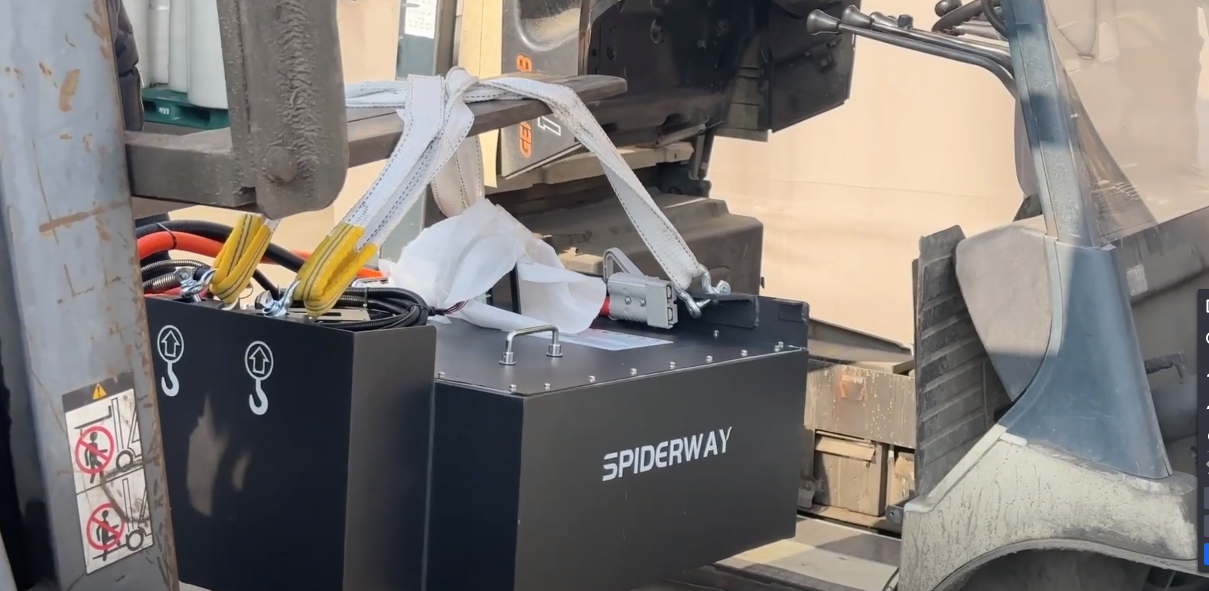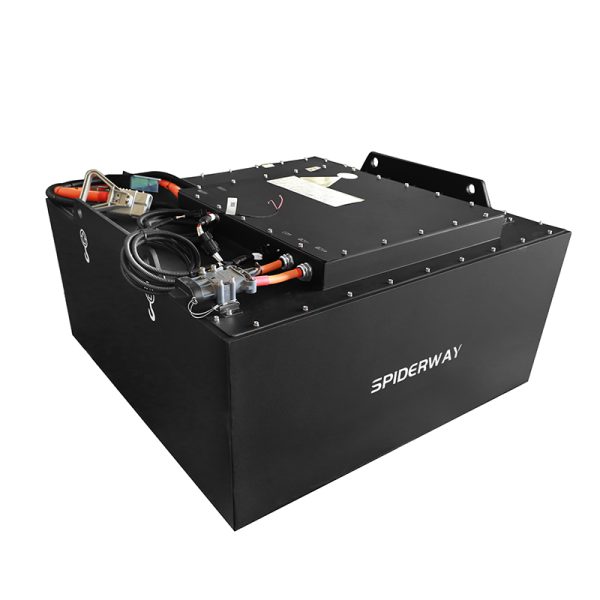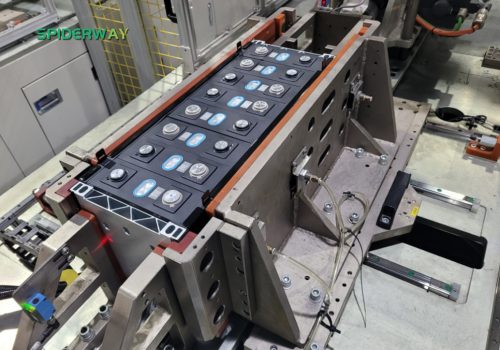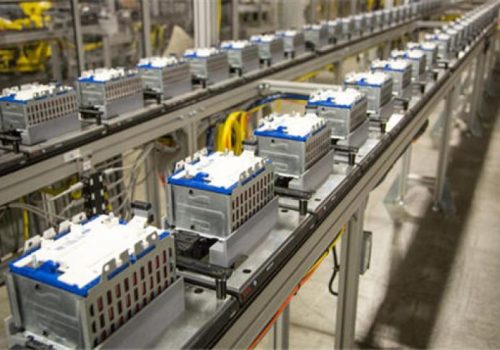
In the evolving landscape of energy storage solutions, the choice of battery technology is critical for a wide range of applications, from electric vehicles to renewable energy systems. Two prominent contenders in this space are Lithium Iron Phosphate (LiFePO4) batteries and traditional Lead-Acid batteries. Each type has its own advantages and drawbacks that influence their suitability for different uses. This article aims to provide a comprehensive comparison between these two battery technologies.
Pros and Cons of Lithium Iron Phosphate Batteries
Lithium Iron Phosphate (LiFePO4) batteries are renowned for their high energy density and long cycle life. One of the most significant advantages of these batteries is their durability; they can typically endure up to 2,000 to 5,000 charge cycles, far surpassing the lifespan of traditional Lead-Acid batteries. Additionally, LiFePO4 batteries are lightweight, which makes them ideal for applications where weight is a critical factor, such as in electric vehicles and portable devices. They also offer faster charging times and better performance at high temperatures. However, these benefits come at a higher cost. The initial investment for LiFePO4 batteries is considerably more than that for Lead-Acid batteries, which can be a deterrent for cost-sensitive applications. Furthermore, their complex battery management systems (BMS) require careful monitoring to ensure safety and optimal performance.
80V 280Ah LiFePO4 lithium battery for Oil-to-electric forklift truck models
Technical specifications: Voltage(V): 80V Capacity(Ah): 280AH Battery type: LiFePO4 (lithium iron phosphate) Charging time: Fast charge compatible Operating temperature range: -20°C to 60°C Dimensions and weight: 610*525*700mm
Advantages and Drawbacks of Traditional Lead-Acid Batteries
Traditional Lead-Acid batteries have been a staple in the energy storage industry for over a century, primarily due to their reliability and cost-effectiveness. These batteries are significantly cheaper upfront compared to LiFePO4 batteries, making them an attractive option for budget-conscious consumers and large-scale industrial applications. Lead-Acid batteries are also known for their robust tolerance to overcharging and their ability to deliver high surge currents, which is beneficial in applications like uninterruptible power supplies (UPS) and automotive starters. However, they come with several drawbacks. Lead-Acid batteries have a shorter cycle life, usually ranging from 300 to 500 cycles, and they are considerably heavier and bulkier than their lithium counterparts. They also suffer from a lower energy density and longer charging times. Additionally, Lead-Acid batteries are less environmentally friendly, as they contain toxic materials like lead and sulfuric acid, which require careful disposal and recycling processes.
The choice between Lithium Iron Phosphate and traditional Lead-Acid batteries hinges on a balance of factors including cost, lifespan, weight, and environmental impact. LiFePO4 batteries offer superior performance, longevity, and efficiency but come with a higher price tag and the need for sophisticated management systems. On the other hand, Lead-Acid batteries provide a more affordable and robust solution, albeit with limitations in cycle life, weight, and environmental considerations. As technology continues to advance, it will be interesting to see how these battery technologies evolve to meet the growing demands of various applications.
Upgrading from Lead-Acid to LFP Lithium Batteries in Forklifts: Benefits and Advantages of SPIDERWAY’s Solutions
The transition from lead-acid to Lithium Iron Phosphate (LFP) lithium batteries in forklifts is not just a trend; it’s a significant leap forward in terms of performance, efficiency, and environmental sustainability. This article will explore the benefits of making the switch and highlight the product advantages of SPIDERWAY’s forklift lead-acid to LFP lithium battery upgrades.
Why Choose LFP Lithium Batteries for Forklifts?
LFP lithium batteries have emerged as a superior alternative to traditional lead-acid batteries for several reasons:
- Longer Lifespan: LFP batteries boast a cycle life that far exceeds that of lead-acid batteries. They can endure many more charge and discharge cycles, reducing the frequency and cost of battery replacements .
- Higher Energy Density: These batteries have a higher energy density compared to lead-acid, meaning they can store more energy in a smaller form factor. This is crucial for forklifts, as it allows for longer operation times on a single charge .
- Faster Charging: LFP batteries charge much faster, typically in 2 hours or less. This enables opportunity charging, where batteries can be charged during shifts, lunch breaks, or rest periods without disrupting workflow .
- Lower Maintenance: Unlike lead-acid batteries, LFP batteries require minimal maintenance, reducing downtime and the need for additional resources to manage battery care .
- Environmental Friendliness: LFP batteries are more eco-friendly, as they do not contain harmful heavy metals like lead, reducing environmental impact .
- Safety: LFP batteries are known for their excellent thermal stability and safety profile, which is a critical consideration for applications that require strict safety standards .
SPIDERWAY’s LFP Lithium Battery Upgrades
SPIDERWAY’s forklift lead-acid to LFP lithium battery upgrades offer several product advantages:
- Seamless Integration: SPIDERWAY’s batteries are designed to integrate easily with existing forklift models, ensuring a smooth transition without the need for extensive modifications .
- Customization: SPIDERWAY offers customized battery solutions tailored to the specific needs of different forklift models and operational requirements .
- Advanced BMS: The company’s batteries come with an advanced Battery Management System (BMS) that ensures optimal battery performance, safety, and longevity .
- Cost-Efficiency: While the initial investment for LFP batteries is higher, the total cost of ownership over time is lower due to reduced maintenance and replacement costs .
- Extended Warranty: SPIDERWAY provides an extended warranty on its batteries, giving customers peace of mind and protection on their investment .
- Sustainability: By choosing SPIDERWAY’s LFP lithium batteries, businesses can reduce their carbon footprint and contribute to a greener environment .
The benefits of upgrading from lead-acid to LFP lithium batteries in forklifts are clear. The transition offers improved performance, reduced total cost of ownership, and enhanced sustainability. SPIDERWAY’s forklift lead-acid to LFP lithium battery upgrades provide a reliable and efficient solution for businesses looking to optimize their forklift operations. By making the switch, companies can future-proof their fleet, reduce environmental impact, and improve overall operational efficiency.





